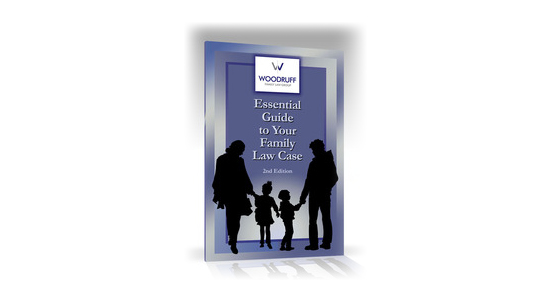Child Support
The noncustodial spouse will, generally, be ordered to provide child support by way of periodic payment to the custodial spouse. The court must follow the North Carolina Child Support Guidelines unless there are factors requiring deviation from the guidelines. If there are reasons for deviation, such as special needs of a child or high income in the family, then the determination is based, in part, on financial statements prepared by the custodial spouse. These financial statements will be filed with the court. The court will then review the financial statements, itemizing the incomes and expenses of each spouse.
North Carolina Child Support Central Collections has the address of P.O. Box 90006 Raleigh, North Carolina 27675. A check or money order is made out to N.C. Child Support and mailed to Centralized Collections with a payment coupon in the self-addressed envelope, provided by Centralized Collections.
A noncustodial spouse’s child support obligation continues until the child reaches the age of 18 or finishes high school (whichever occurs last). However, if the child is otherwise emancipated, payment shall terminate at that time. A party, by agreement, may obligate himself or herself to make such payments beyond these time limits. Both child custody and child support are issues that can be raised at any time during the child’s minority. Either spouse can petition the court to change its prior order of custody or support based on a showing by the moving party that circumstances have changed materially.
Of particular interest in dealing with child support are the out-of-pocket expenses, such as co-pay, uninsured health care costs, and extracurricular. These out-of-pocket expenses, particularly on a Worksheet B for shared custody, need to be carefully crafted in your legal court order for child support. For example, a Reidsville teen plays tennis and needs lessons twice a week and she needs to go to competitions. Who pays? When do you get reimbursed? What do you pay? Discuss with your Greensboro family lawyer at Woodruff Family Law Group strategies for meeting your financial needs in such a situation. Having a well-developed plan can save frustration.
Also in child custody, The Family Life Council, 301 East Washington Street, Suite 204, Greensboro, NC 27401, hosts a course called “Parenting Under Two Roofs.” The course has a small fee and is taught, generally, either on two consecutive Thursday nights or all at once on a Saturday morning. The schedule can be obtained by calling the Family Life Council at 336-333-6890. To make the experience as positive as possible, the course does not allow separated parents in the same session. Stepparents and grandparents are also welcome to attend. Keep in mind at this course, child support will not be discussed.
Questions can also be answered via e-mail at cmcswain@chsnc.org.
North Carolina Child Support Guidelines effective January 1, 2019
Tax Issues Related to Children
- Child support is not taxable income to the payee spouse.
- Child support is not a deduction to the payor spouse.
- Unless there is an agreement to the contrary, the primary custodial spouse gets to claim the child’s tax exemption. The exemption is worth zero through 2025, but the child tax credit is worth $2000 per child and requires you to have the exemption.
- You may be eligible for head of household if you are the custodial parent.
- You may be eligible for childcare credits even if you do not have the child’s exemption.









